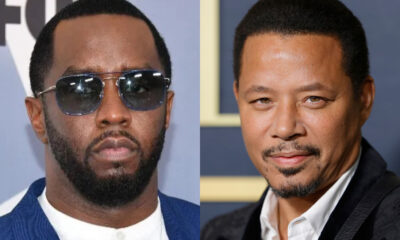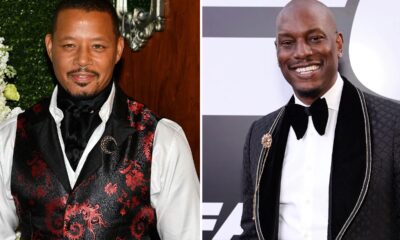Celebrity News
Terrence Howard Declines Marvin Gaye Biopic Role Over On-Screen Same-Sex Kiss Concerns
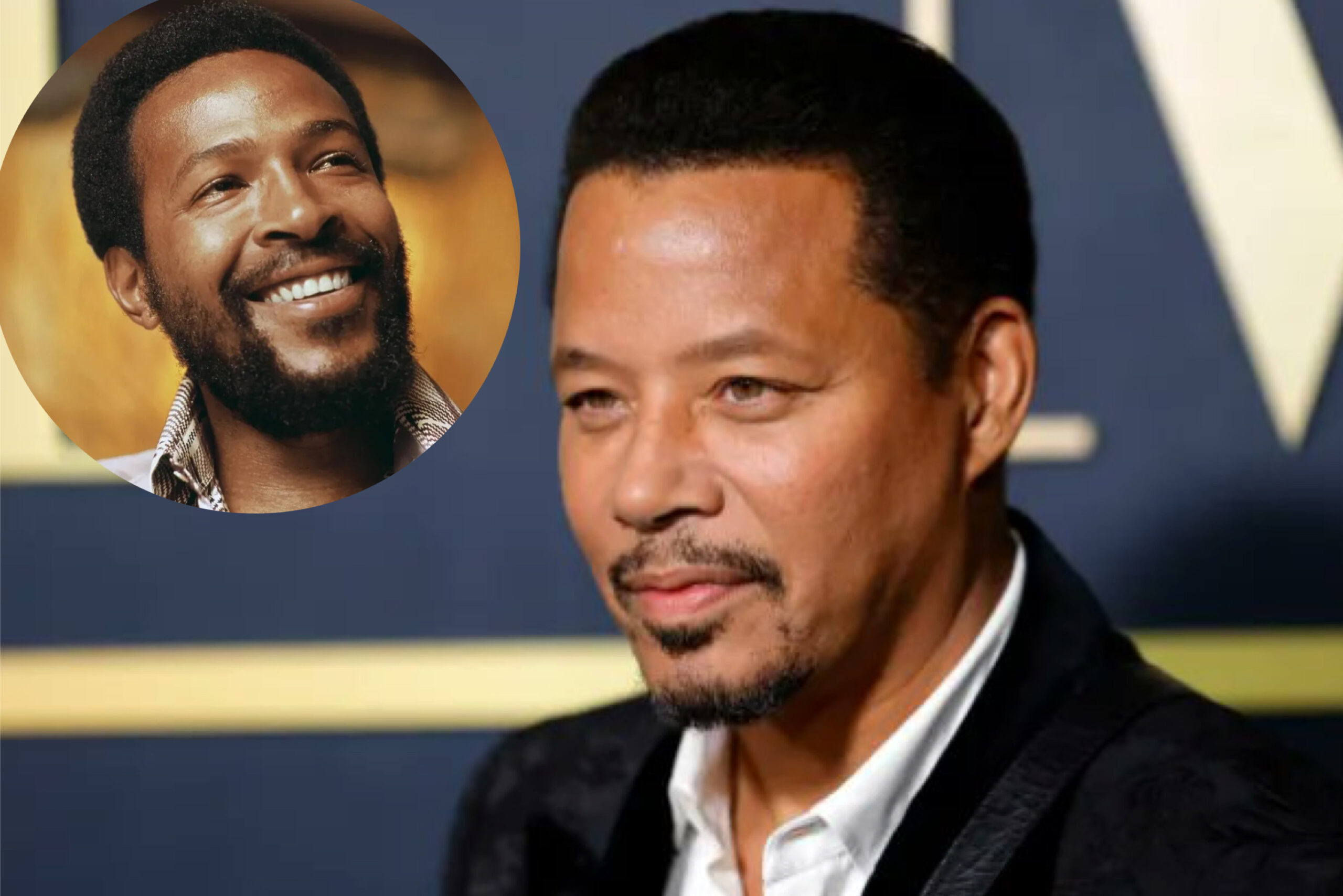
Actor Terrence Howard has revealed that he turned down the opportunity to portray soul legend Marvin Gaye in a biopic directed by Lee Daniels, citing discomfort with scenes that would require him to kiss another man. Howard discussed his decision during an appearance on Bill Maher’s Club Random podcast, explaining that he couldn’t “surrender” to a role that involved aspects he didn’t fully understand.
Howard recounted a conversation with music producer Quincy Jones, who allegedly confirmed rumors about Gaye’s sexuality. “I was over at Quincy Jones’ house… I’m hearing rumors that Marvin was gay,” Howard said. “And I’m like, ‘Was he gay?’ and Quincy is like, ‘Yes.’” This revelation contributed to Howard’s decision to decline the role, as he felt unable to authentically portray a character with whom he couldn’t fully connect.
The actor emphasized that his decision was not rooted in homophobia but in his personal boundaries as an actor. “I don’t fake it,” Howard stated. “That would f*** me. I would cut my lips off. If I kissed some man, I would cut my lips off.” He further explained that he couldn’t “surrender” himself to a place he didn’t understand, highlighting the importance of authenticity in his performances.
Howard also expressed regret over turning down a separate opportunity to portray Smokey Robinson in a biopic, a decision he made to honor his prior commitment to the Marvin Gaye project. He described declining Robinson’s offer as “the biggest mistake I made in my career.”
Marvin Gaye, known for hits like “Sexual Healing” and “Let’s Get It On,” never publicly addressed his sexuality. However, Quincy Jones has previously suggested that Gaye had relationships with men, including actor Marlon Brando. These claims remain unverified and have been met with skepticism by some.
Howard’s candid remarks have sparked discussions about the challenges actors face when portraying characters whose experiences differ significantly from their own, as well as the broader conversation about representation and authenticity in film.
-
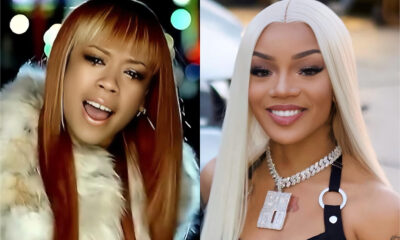
 Celebrity News2 weeks ago
Celebrity News2 weeks agoGloRilla Surprised Coachella Fans With A New Unreleased Track Sampling Keyshia Cole’s Hit “Love”
-
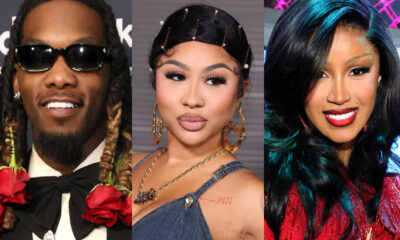
 Celebrity News2 weeks ago
Celebrity News2 weeks agoCardi B Claims Ari Fletcher Slept With Offset While They Were Still Together, According to Leaked DMs
-
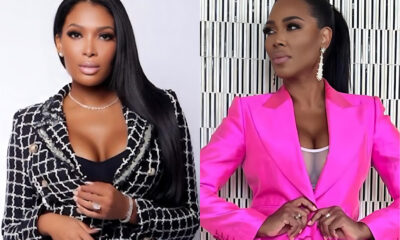
 Celebrity News4 weeks ago
Celebrity News4 weeks agoRHOA Fans Demand Kenya Moore’s Return After Being Threatened With A Gun By Newbie Brittany Eady
-

 Celebrity News4 weeks ago
Celebrity News4 weeks agoJim Jones Walks Into A Drug Deal In Harlem During Livestream
-
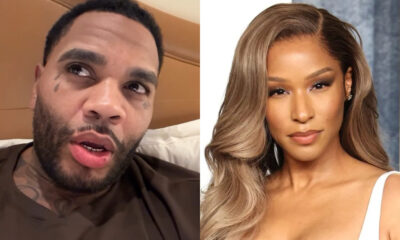
 Celebrity News1 week ago
Celebrity News1 week agoSavannah James Responds to Kevin Gates’ Comments with Subtle Shade via Nicki Minaj Clip
-

 Celebrity News1 week ago
Celebrity News1 week agoKanye West Reveals He Performed Oral Sex On His “Cousin” Until He Was 14 Years Old In New Song
-

 Celebrity News4 weeks ago
Celebrity News4 weeks agoDemi Blanco Arrested for False 911 Call Resulting In Young Scooter’s Fatal Injury
-

 Celebrity News4 weeks ago
Celebrity News4 weeks agoDrake Scores Legal Win in Battle Against Universal Music Group


